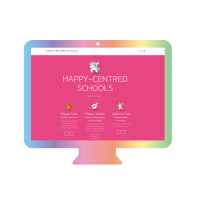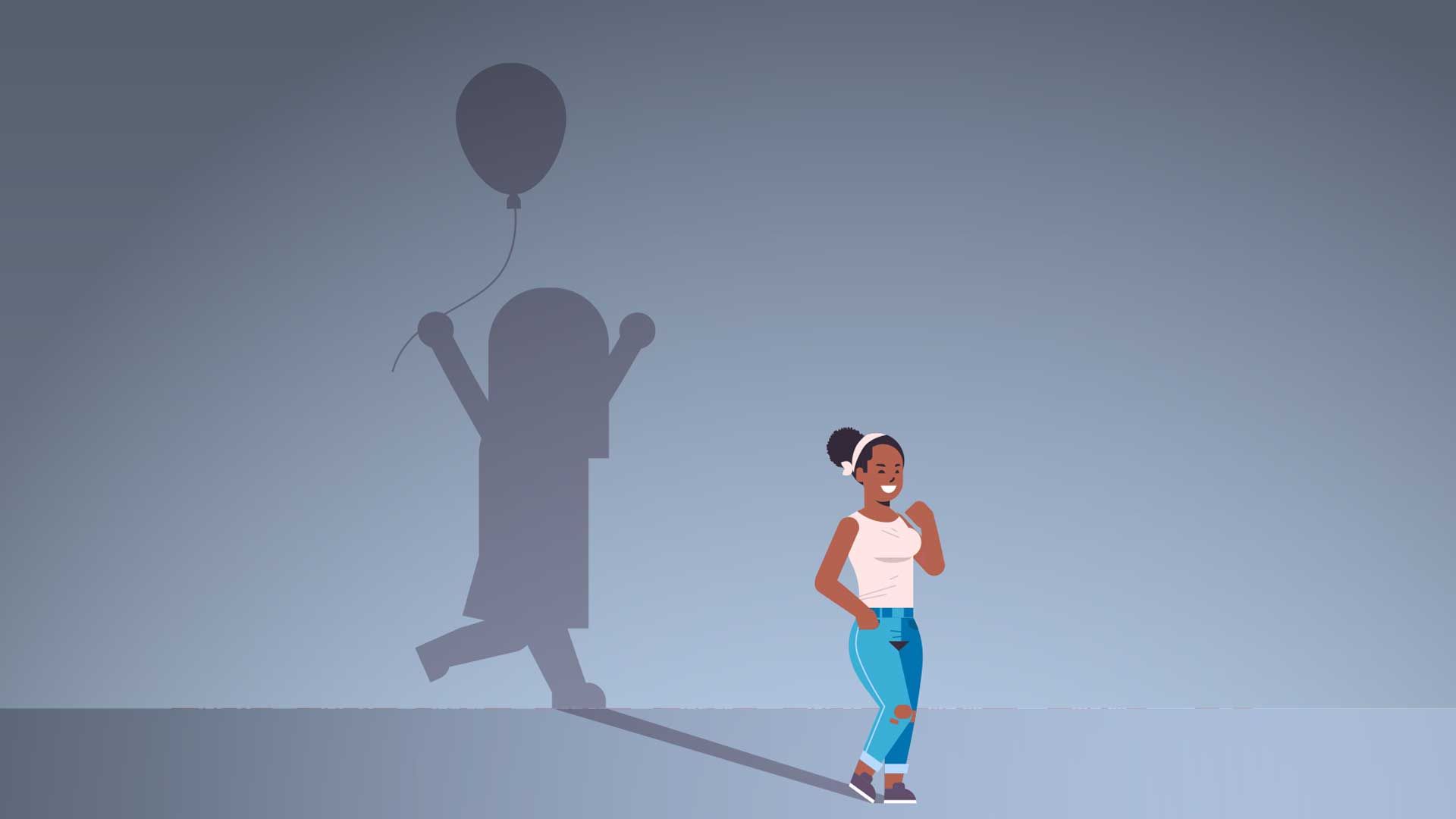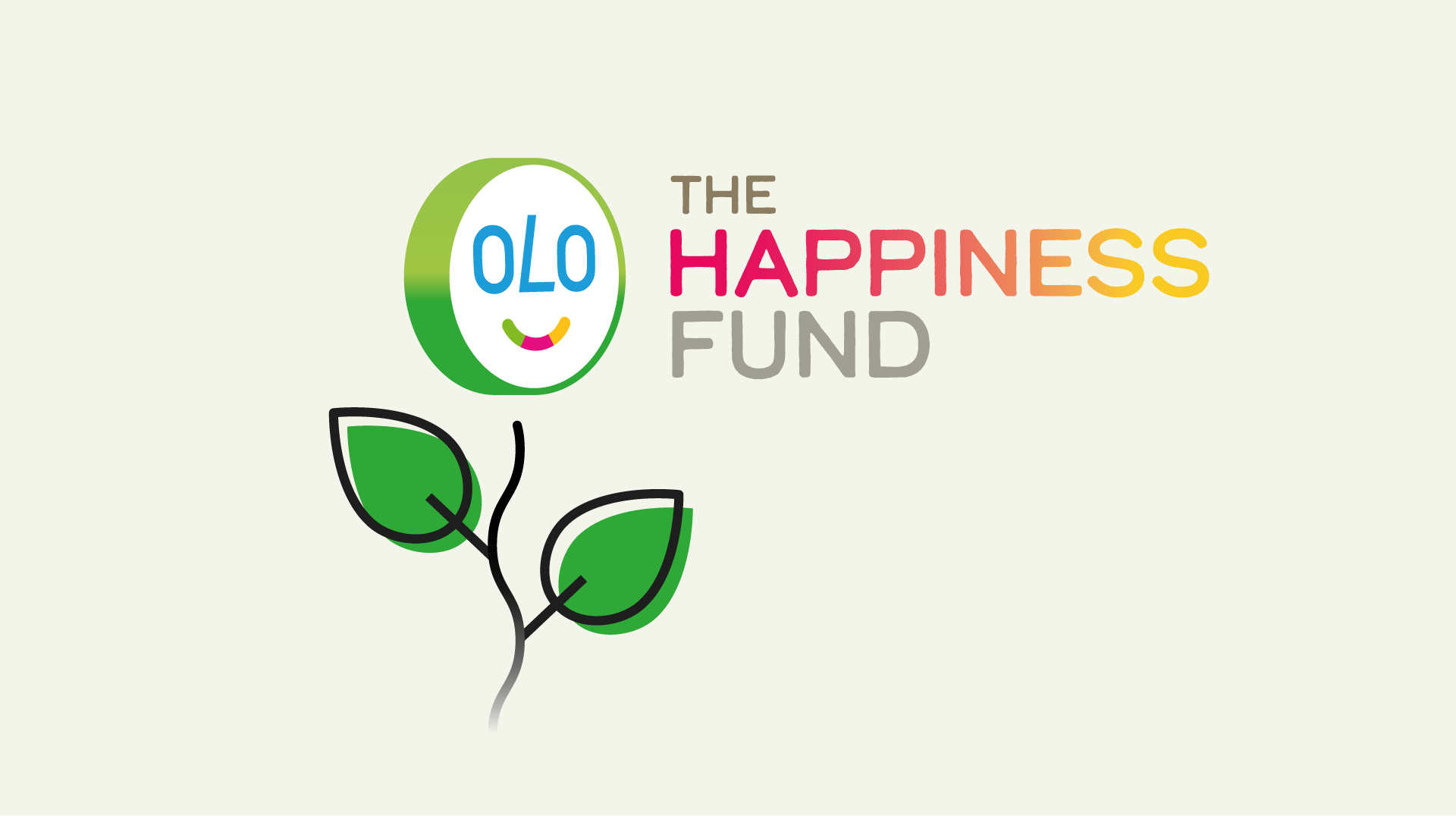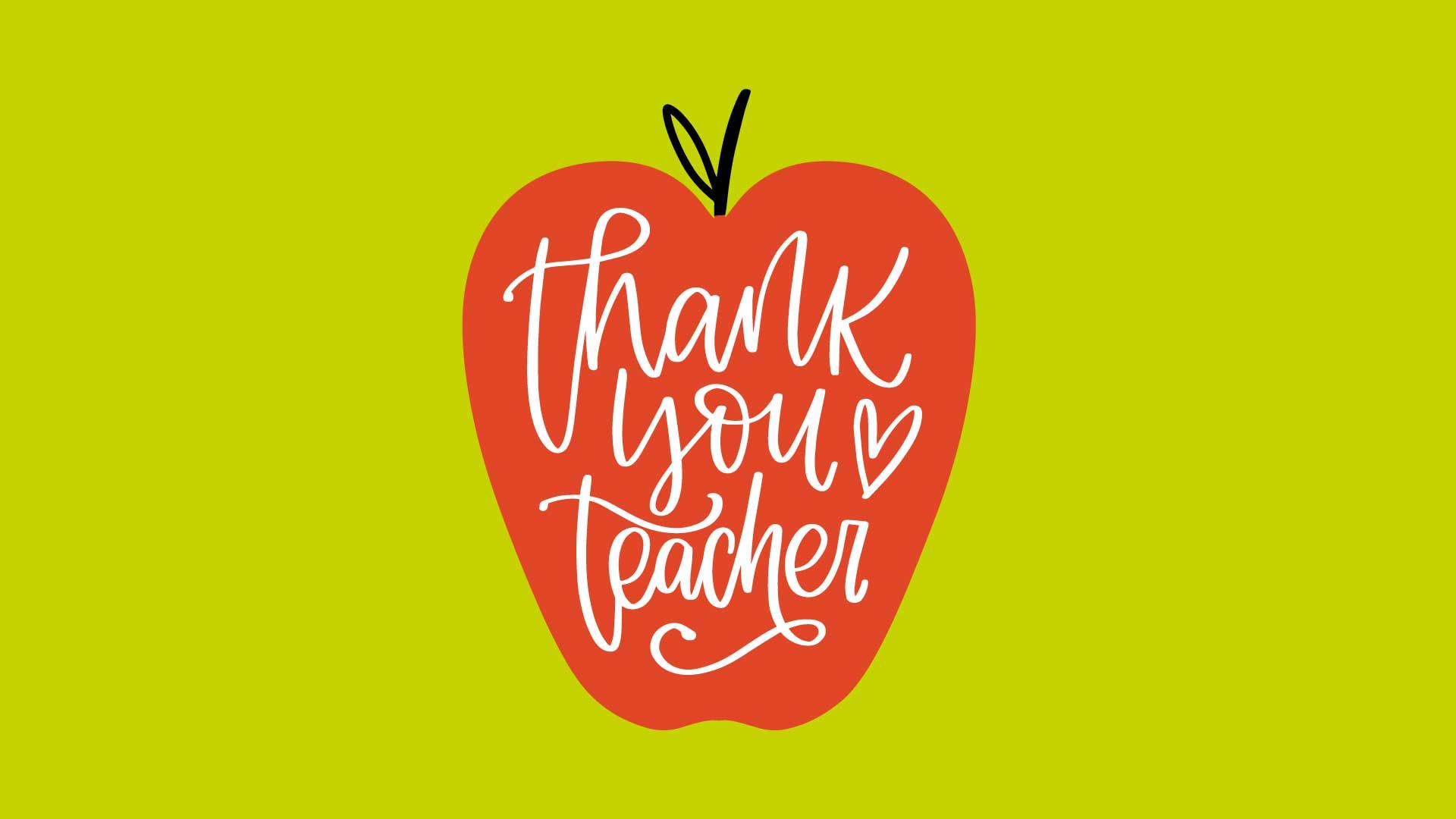Schools Running Half Term Booster Lessons – Thoughts?

This week, The Guardian has reported that some primary schools in England are holding half-term SATs preparation classes for children aged 6 and 7. Whilst many people on social media have been measured in their response, others have been venting their upset, despair or anger with a range of emojis.
Up until 3 years ago, I was a Head Teacher. I didn’t run any holiday booster sessions but, unfortunately, I can see why some schools do.
I don’t know any Head Teacher who took up the role thinking, ‘I know what I’ll do! I’ll make sure that some of my staff and children in Years 2 and 6 miss out on all the fun and battery-recharging that a half term holiday brings.’ However, I do know a lot of Heads who are struggling with depression, anxiety and general unhappiness. A direct result of the pressure that they’re under. Sadly, that often leads to them letting their own worries and concerns transfer to their teachers and, eventually, the children.
In response to The Guardian’s article, the Department for Education has said that: “Pupils in year two should not be spending their holidays revising for key stage one assessments. They are only used so we can understand how primary schools help pupils to progress.” For me, the interesting word in this statement is ‘only’. ‘Only’ used to hold schools to account, ‘only’ used to inform your Ofsted judgement, ‘only’ used to get rid of senior leaders and governing bodies.
Of the small number of primary schools that are running holiday booster sessions (and let’s face it, they are in the significant minority), I would imagine all are in challenging circumstances. Perhaps they have a downward trend in results, over recent years. They are probably sitting on an inadequate or requires improvement grade and due another inspection in the next 12 months. In effect, they are the most challenging, vulnerable schools. Where Head Teachers have the trickiest jobs and have to make the most difficult decisions – which are, sometimes, ill-informed and, potentially, damaging. This is not an excuse, but it is a reason.
Why holiday booster sessions don’t work.
We know that there is no evidence to show that additional lessons in the holidays raises attainment. By my reckoning, children in Year 2 who have been attending school from the beginning of Reception, have been taught for about 99 weeks so far. If they’re not working at the expected level after nearly 100 weeks, another 1 isn’t going to magically get them there. What they need is solidly good teaching for 39 weeks a year and the opportunity to let loose during the holidays.
If any child does scrape the expected level, we know that everything then ramps up for them, as they then have to make steady, expected progress for the rest of their academic life. No blips, no plateauing and lots more booster sessions!
Key Stage 1 SATs form part of the overall teacher assessment, at the end of the year. They are not the be-all and end-all. Having established that, so far, these children have been taught in school for approximately 2,475 hours, SATs show what they can do in one hour on any given day where they might feel sick, not be in the mood, or feel very stressed because an adult, who feels under pressure themselves, has told them how important this is.
Although it’s been a short half term since Christmas, it feels like it’s been very, very long - with dark mornings and dark afternoons and all forms of illness doing the rounds. So, let’s not pretend that children in half term holiday lessons are having a good time. Yes, they may be allowed to wear their own clothes, use the trim trail at break time without having to queue behind the rest of the school and eat their own body weight in biscuits. But no-one can pretend that this is as much fun as having a pyjama day, climbing trees in the park or going to having a burger with friends.
And for the staff, what could be better than going over the progressive form of verbs in the present and past tense, showing the children how to include an exhaustive number of commas in a list and which punctuation to use at the end of each sentence? Perhaps, progressing to the pub for a lunch with friends. Enjoying a lager, ale, red wine, white wine, prosecco, hot chocolate, coffee or cup of tea. And saying ‘Cheers!’ (with an exclamation mark).
What can be done in schools?
- When senior leaders sit down to consider whether or not to hold half term booster sessions, they have to make decisions based on all of the above facts, and not with their ‘shit, I’m going to get fired’ feelings.
- It is human nature to get into situations where we 'groupthink' i.e. make irrational decisions by the urge to conform. If your school is thinking of running additional lessons in the holidays, and you think it’s wrong, speak up!
- We need all staff in schools, parents and children to understand the positive benefits of leisure time– both on our bodies and our brains. Primary schools don’t seem to teach about the brain too explicitly. Laughology's Happy-Centred School Programme does this – if you’re interested.
- Heads need to devote time to looking after themselves and their team. We know that the adults in the school are the biggest indicator of how successful children will be. In a busy, demanding profession, it can be hard to prioritise mental health over everything else, but this does need to happen. Laughology runs amazing Emotional Wellbeing sessions for staff which, it’s great to see, are increasingly popular.
What can be done nationally?
Statutory KS1 SATs are due to be scrapped by 2023 – but other assessments will be introduced instead. Until the system changes completely, the mental health and wellbeing of children and adults in schools will continue to suffer.
We have a new Ofsted Education Inspection Framework. When judging Leadership and Management, inspectors will assess how ‘Leaders engage with their staff and are aware and take account of the main pressures on them. (And if) they are realistic and constructive in the way that they manage staff, including workload.’ Whilst a welcome sentiment, this currently sits in juxtaposition to the high stakes accountability of the rest of the Ofsted Framework. More pressure on Heads!
We also have a 'Children and Young People's Mental Health and Wellbeing Taskforce'. The jury is out at the moment, but one of the core principles of this group is to ‘demonstrate adherence to the UN Convention on the Rights of the Child’.
I’m hoping that includes a half term holiday!
- Created on .












































